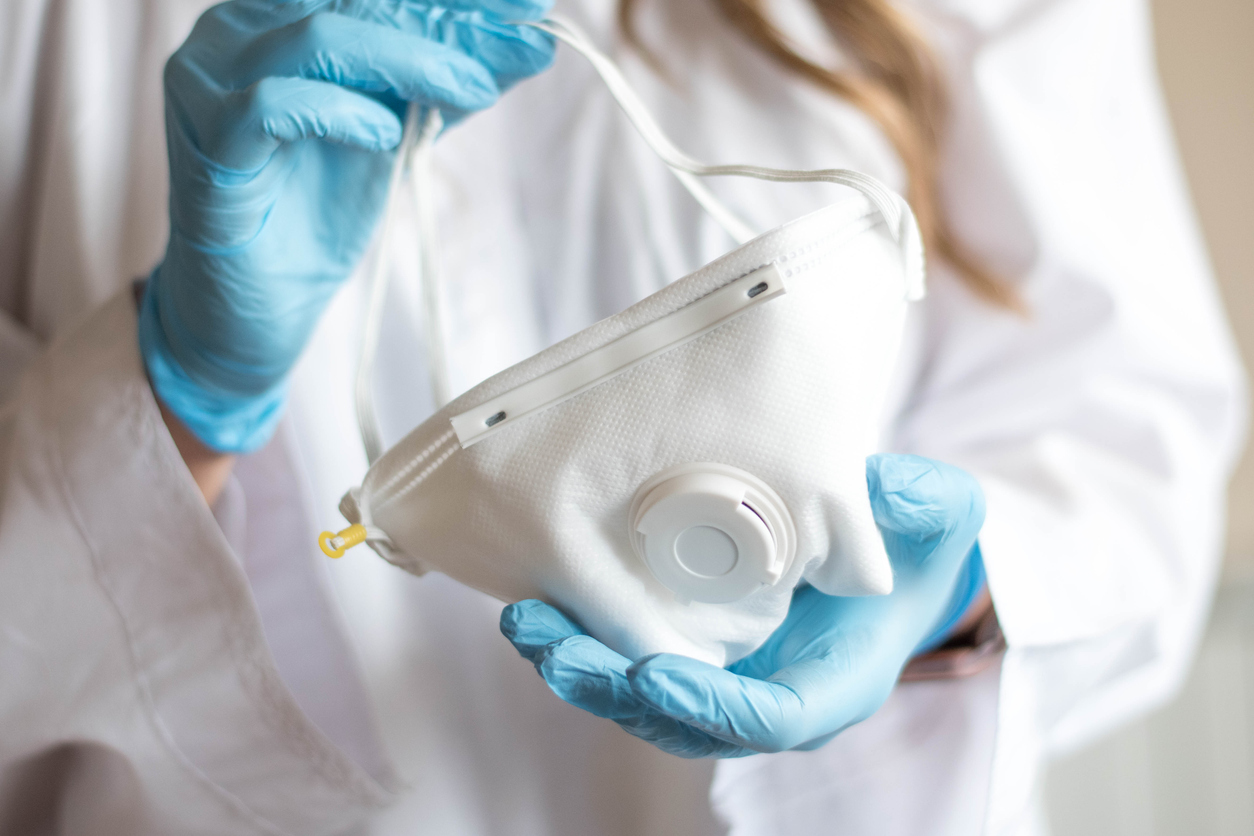
The world is running out of protective masks. Not only for citizens, who according to the World Health Organization should not wear masks if they are not sick or not caring for someone who is sick. But also for doctors, nurses and healthcare professionals, who risk their lives while treating infected patients.
Italian health workers know this well: so far, 66 doctors have died because of the coronavirus and 9,000 healthcare professionals have been infected.
Personal protective equipment shortages however affect many countries, that were not ready to face this pandemic. American nurses some days ago protested in the Bronx holding signs reading “Respect Public Healthcare Nurses” and “We Risk our Lives to Save Yours #ppenow”.
READ: 20% OF THE GLOBAL POPULATION UNDER LOCKDOWN. LET ITALY TELL YOU WHAT BEING IN QUARANTINE FEELS LIKE
On the other side of the Atlantic, twelve European organisations representing all health professionals involved in the fight to Covid-19 met to assess the current situation across Europe and they all shared the same concerns regarding the lack of Personal Protective Equipment (PPE) in almost every Member State: «There is an urgent need for more resources to ensure a reasonable staffing level and the availability of PPE and medical devices. It is therefore essential to work together on monitoring and supporting the efforts of national governments and the European Commission to make sure that the medical equipment and medicines needed in the treatment of COVID-19 patients are made available for the countries in critical situations. The European Union must make it a priority to ensure that all member states pull together resources and harmonise prevention protocols to ensure the protection of lives».
But how could this happen? As Vox explains, «the problem is about both supply and demand. Prior to the coronavirus outbreak, China made half the world’s face masks. When the outbreak took off there, China started to use its supply and hoard what remained. This problem has only spread since, as more and more countries hoard whatever medical supplies they can get — with some, like Germany, even banning most PPE exports. So as demand increased due to Covid-19 — not just from health care workers but from a general public increasingly scared of infection — there was less supply to go around».
 Articoli correlati
Articoli correlati